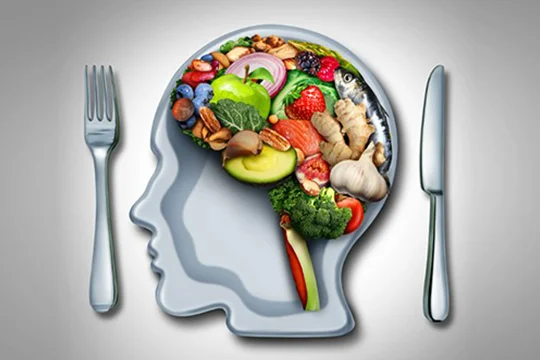
Organic food?
Organic food is food that is produced through certified organic farming practices. Characteristics that set organic foods apart from processed (non-organically grown) foods include regulations that stop organic farmers from using synthetic chemical fertilizers, pesticides, hormones, antibiotics, synthetic waxes, preservatives, and other artificial food additives. Organic food products also must not use genetically modified organisms (GMO).
Why do people dislike it?
There are a lot of reasons for people not investing in organic food: High price, Spoils quickly, Hard to find, Rare health hazards, limited consumer knowledge etc.
Psychological behaviour
Psychology is the study of the mind and the way people think and behave. Psychological behaviour of people regarding organic food may vary depending upon various factors like - unavailability of organic food, health hazards if any, perception of price, confidence in conventional food supply, biodiversity loss, etc.
Unavailability of Organic food choices
Unavailability is one factor that encourages buying conventional food. The easy availability of conventional food positively influenced their purchasing behavior. In a survey conducted by FSSAI, consumers prefer readily available products. Therefore, they do not want to spend time looking for organic products.
Rare health hazards come with organic food
There is something called Vegan organic diet, it is combination of principles of Veganism and organic food consumption which is rich in many nutrients, may lack or provide insufficient amounts of certain key components like Vitamin B12, Calcium, Omega-3-fatty acids, Vitamin D, Zinc, Iodine and Chlorine [ needed for regulating memory, mood, muscle control et all.
Consumer knowledge
People don't buy organic food because of half-knowledge regarding organic food, certification labels, health & environmental benefits, price & values, etc. In fact, three seriously considered factors that have shaped my personal approach to organic food: A conscious trust that we are safe to buy "conventional" foods. Realizing that some of the best environmentally friendly agricultural practices are not always permitted or practical according to organic farming rules. An ethical problem in the tactics of some organic proponents and marketers, which distorts their "conventional" competition.
Perception of Price
The perception of organic product prices can vary widely among consumers and is influenced by several factors be it -quality and value perception, health concerns, environmental consideration, ethical and social responsibility, perceived production costs, market demand and supply, marketing and branding, income and affordability, comparison with conventional products.
Confidence on conventional food supply
The FSSAI, which oversees foods labelled "Certified" is quite clear on its website about its role in the food industry that "our regulations are not about food safety or nutrition." Food labelled "Certified" must meet certain rules and regulations, but must not have special nutritional or safety characteristics. However, many consumers believe that the label means that the nutritional value of the food is excellent and that it is safer, especially with regard to pesticide residues. This is not true in case of organic food. Studies have shown no significant differences in nutrients between organically and conventionally grown crops.
Conclusion
The conclusion about organic food is that if the production of organic agriculture grows all over the world, then the economy of the country will automatically grow, as well as healthy food, which helps to maintain the health of the people. But unfortunately, people there are a lot of reasons for people not investing in organic food: High price levels, Spoils quickly, Hard to find, Rare health hazards, Consumer knowledge etc.
More Updates


